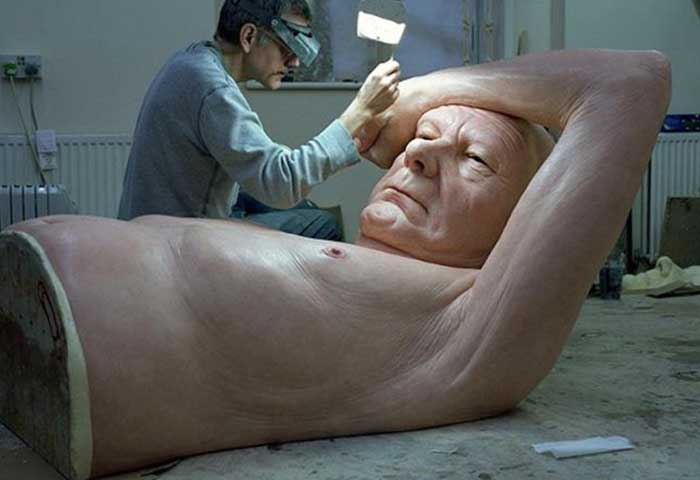[ad_1]
"What causes the cracking in oil paints that is often seen in antique paintings?" is one of the most common questions that I am asked.
This phenomenon of small cracks within the oil paint is known as crazing and is usually caused by drying times and the environmental conditions that the art has been subjected to.
It's only been in the 20th Century with our current heat and air conditioning methods that have allowed us to live within a fairly consistent indoor temperature and humidity. Prior to this, fireplaces were the most common method of heating a home and an open window was the way to cool it. This fluctuation in the environment puts stress on a work of art. The oil paint and supports, whether it is canvas or wood, actually expends and contracts.
Another factor is that artists usually create oil paintings by layering the colors. This layering process means that the paint has different drying times. Also, it was not until 1841 that paintings were available to artist in metal tubes. Prior to this, the artists had to grind the pigments and mix them in the oil which meant that the oil to pigment ratio was not necessarily consistent from one color to the next which also affected the drying times.
Now, think about these different layers as similar to the tectonic plates of the earth. These plates are always expanding and contracting depending on the stress that it encounters. This shifting over the centuries have caused mountains to be formed and earthquakes to wreck havoc. This is what happens to the layers of paint, but instead of a "paint quake" you see a maze of cracks within the painting. These cracks may appear over the entire painting or just within a localized area. It is just a natural process of antique paintings.
The value of the art is not affected by crazing unless it is very severe, with large cracks and paint loss. Restoration can usually remedy a severe problem. Most of the time, craving stabilizes when the art is in a modern home or business.
If the area of cracked paint has a center and expands out similar to a spider web, then the canvas has experienced trauma such as being hit or poked. The canvas many have not punctured, but over a time period the stress of the changing environment will expose the hidden damage. A good restorer can help to stabilize and support this area.
Enjoy your antique painting and the history that it represents!
[ad_2]
Source

